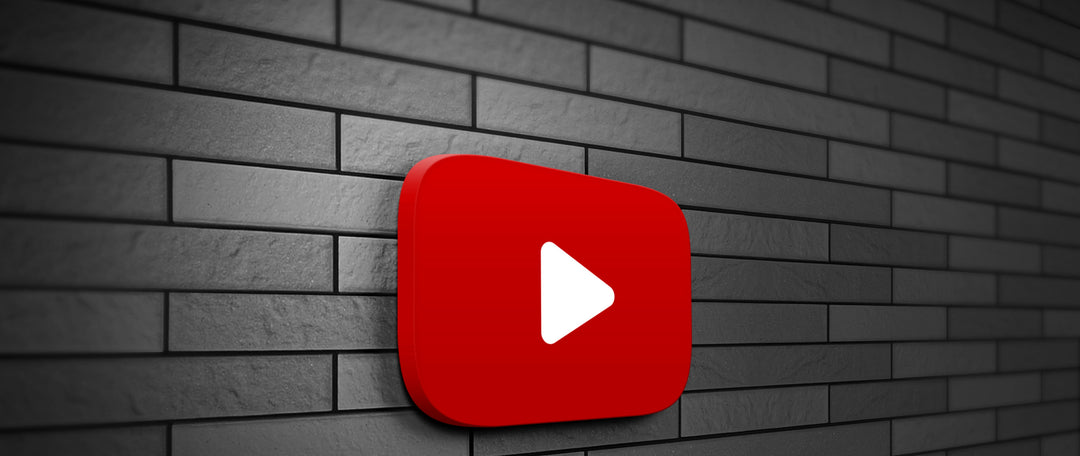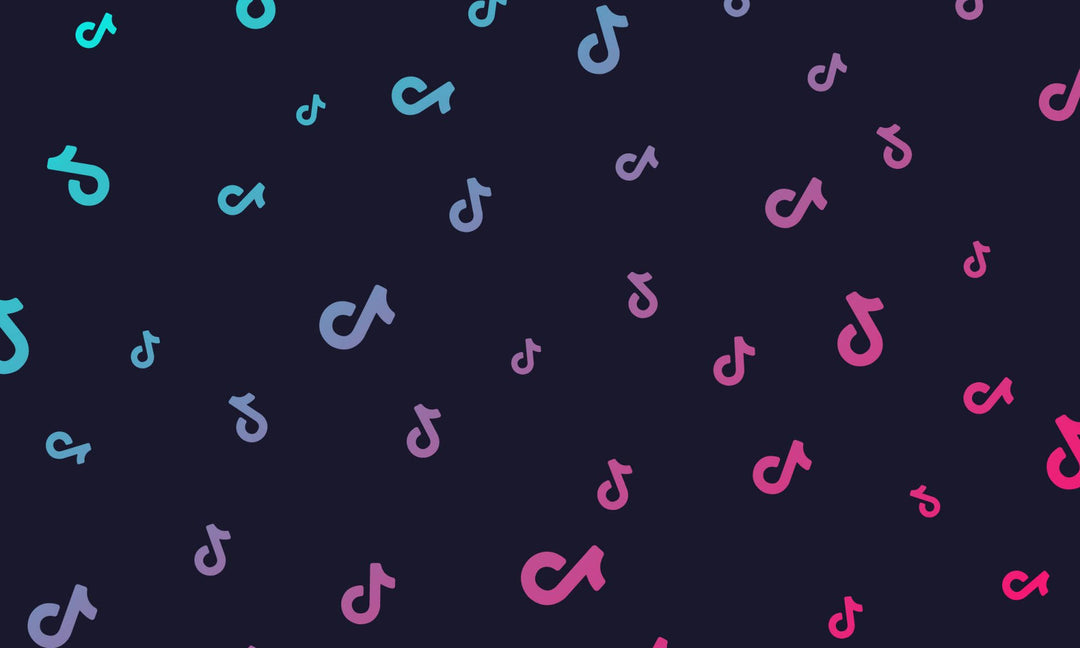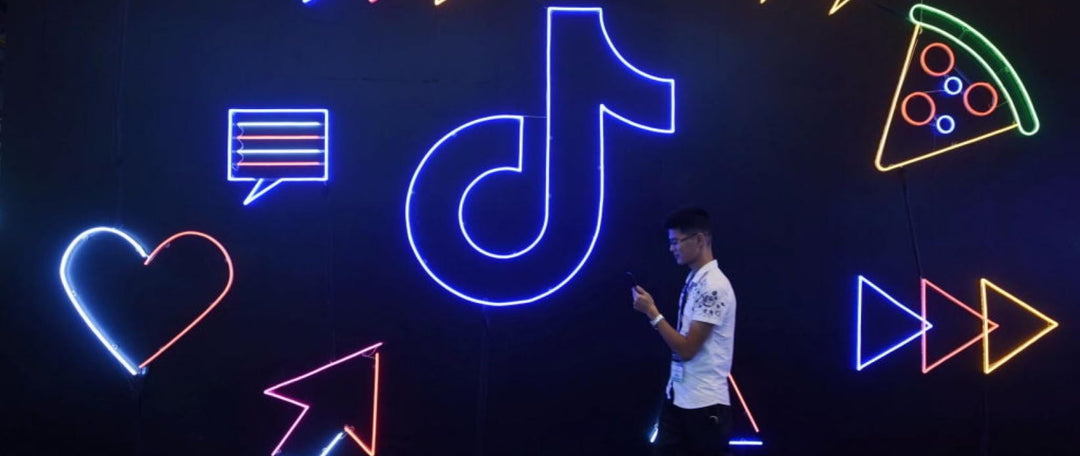Tips To Get Copyright Authorization For Music On TikTok
The best way to ensure that your music isn’t muted on TikTok or that it doesn’t receive copyright strikes and get removed from the app altogether is to obtain the necessary authorization from royalty collection agencies like ASCAP, BMI, and SESAC (or another similar company). While getting authorization through these companies isn’t necessarily hard, it can be quite time-consuming if you don’t know what you’re doing. To help you out with this process, here are three tips to get copyright authorization for music on TikTok in no time at all.
Tip 1: Follow the Instructions
Before uploading your music to platforms like TikTok, YouTube, Facebook, and Instagram, it’s important to familiarize yourself with their copyright laws. It’s in your best interest to follow all of these rules and guidelines when submitting your music so that you don’t accidentally give away rights to your songs. If you fail to get proper copyright authorization for a video on these platforms, it could result in the platform issuing a DMCA take-down notice against you. This is not something you want because not only does it reduce exposure for your song or video but YouTube will also penalize any future uploads that are flagged as potential copyright infringements.
If you’re not confident about your ability to get proper copyright authorization for your music, you can always hire a company like Audiam to help. They handle all of the legal stuff so that you don’t have to worry about it. Of course, if you want to learn more about what Audiam does, it may be helpful to read their FAQ section on their website. It’s full of useful information and resources that will go over copyright laws in detail.
Tip 2: Consider Owning The Song
While it can seem like a good idea to buy your music from a library or distribution service, if you want to make money from your songs on TikTok, you’ll need to own your music. In other words, ownership will give you total control over where and how your songs are used. This way, when it comes time to negotiate any kind of license for your music with record labels or major publishers, you can do so from a position of strength. If you don’t have ownership of your song(s), then there’s nothing to negotiate.
Though you can own a song before you submit it to a distribution service, it’s important to know that your ownership can be proven in two ways: by submitting a publishing statement and by registering for an ISWC (International Standard Recording Code). If you only have ownership of part of your song (the melody, but not all elements), you may still need to fill out some parts of both forms. If your songs are published by someone else, they will be able to register and apply on your behalf. And remember: published doesn’t mean public or even sent around. You don’t need to actually have shared a copy of your music yet for it to be considered published.










